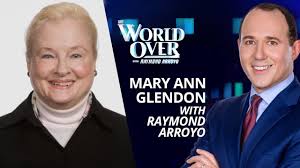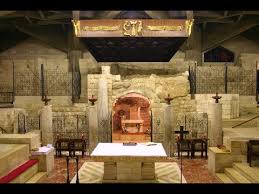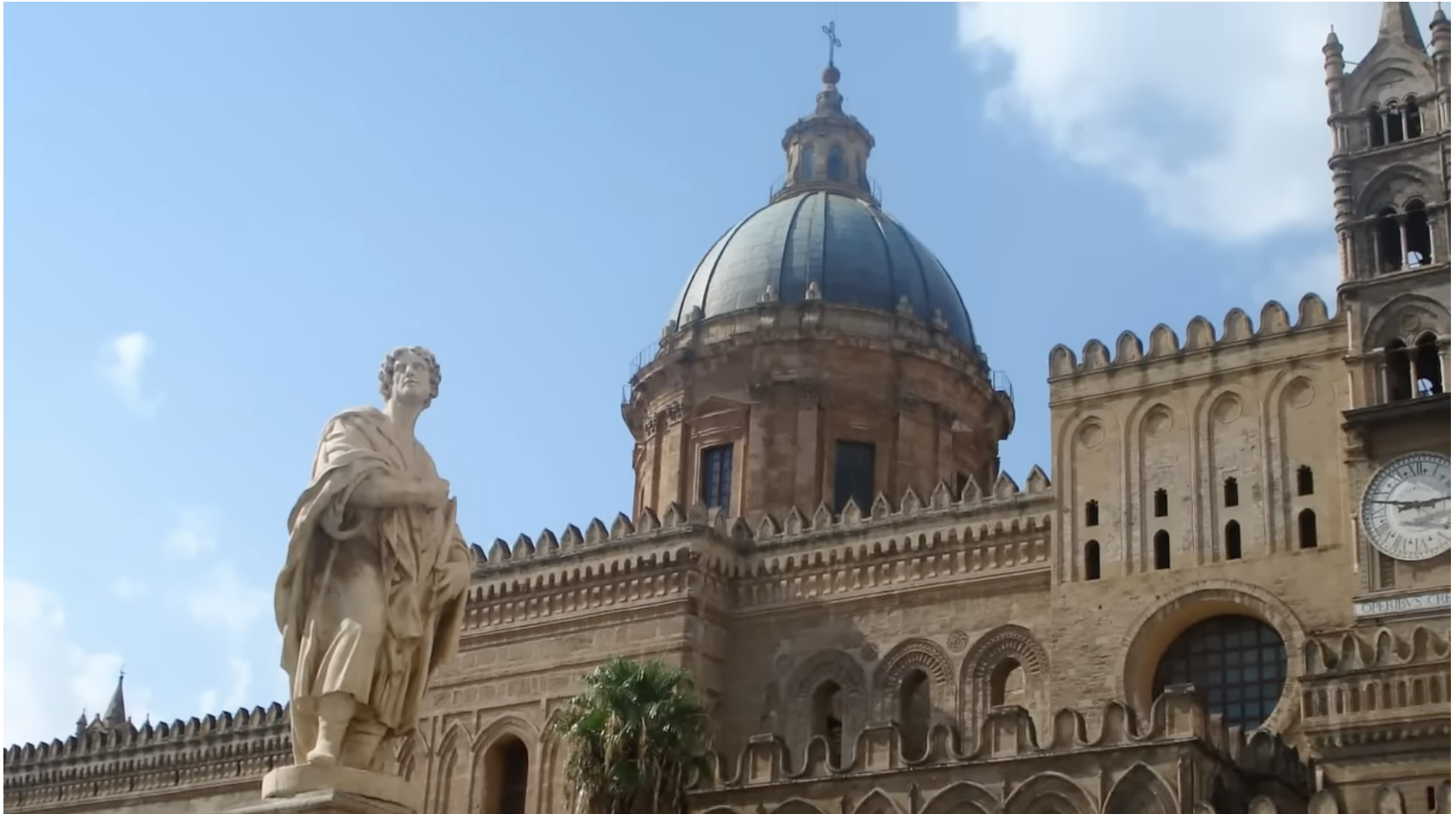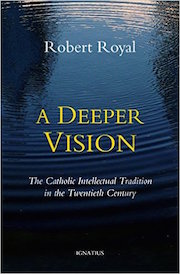John Henry Newman was in Rome, at the Palazzo della Pigna, on 12 May 1879 (exactly 131 years ago today) when he received the formal message (biglietto) that Leo XIII would make him a cardinal. On the occasion, Newman responded with a famous address known as the “Biglietto” Speech. L’Osservatore Romano, English, reproduced this historical address on April 14, 2010.
The speech is formal. Newman is surprised. He assumed that he had finished his life’s work. But Pope Leo tells him that, besides his own years of labor, the English Catholics, even Protestants, would be pleased. It would be, Newman thought, “insensible and heartless” to refuse. Somehow, John Henry Cardinal Newman still sounds better than John Henry Newman.
Newman next recalls what his own work has been about. “For thirty, forty, fifty years, I have resisted to the best of my powers the spirit of liberalism in religion.” Do contemporary liberals in religion shake on reading this sentence? I wonder. Of course not, it is still mostly their quaint faith.
What was this liberalism? “Liberalism in religion is the doctrine that there is no positive truth in religion.” Needless to say, this doctrine is a familiar one. Liberalism “is inconsistent with any recognition of any religion as true. It teaches that all are to be tolerated, for all are matters of opinion.” Notice that we do not “tolerate” on the grounds of common good or commitment to discussion. We are tolerant because we must in principle hold that nothing is true. We tolerate everything but truth claims.
What about revelation in this view? “Revealed religion is not a truth, but a sentiment and a taste, not objective . . . it is the right of each individual to make it say just what strikes his fancy.” Again, this is written in 1879, not 2010. Newman described then what our culture now mostly assumes. It is all right to go to any church. Doctrine is irrelevant in our human relations. Our religion is personal, private, no one else’s business. “If a man puts on a new religion every morning, what is it to you?”
The civil power had been Christian in spirit. This basis is now (1879) rejected. What takes its place? We used to think religion was needed to keep society together: “Philosophers and Politicians are bent on satisfying this problem without the aid of Christianity.” Now, secular education takes the place of religion. Propriety rules. We should be “orderly, industrious, and sober.” These natural principles – justice, veracity, benevolence – are good things, Newman admits. Religion is just “a private luxury.” It has no relation to anyone else or to public order.
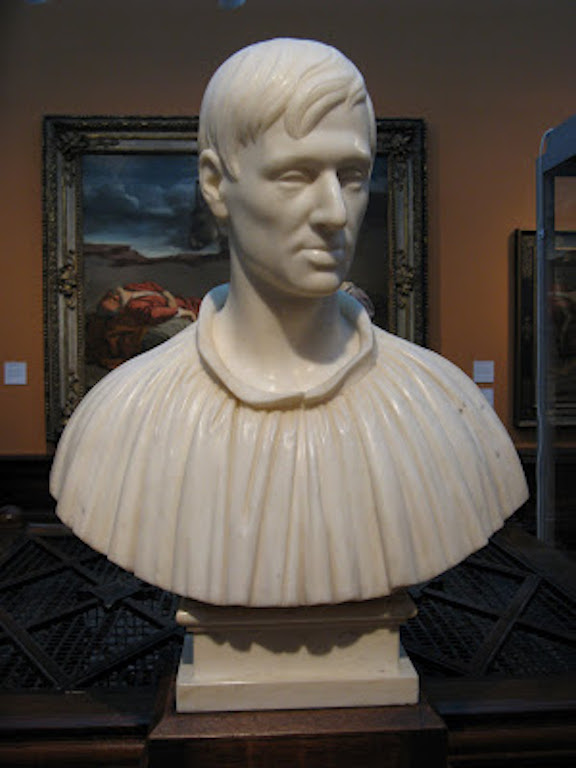
Newman calls this the supplanting of revelation by natural virtues “a great apostasia.” It is not revelation addressed to reason, but reason excluding the possibility of revelation. It is the same everywhere with local variants. Newman speaks of its English version. In England “it is not easy to see what will be its ultimate issue.”
One wonders if Newman would have been surprised to find Islam now to be one of the leading faiths on his own island. Continental liberalism was founded on “infidelity.” In England, the variety of sects eliminated Christianity via another path. The liberals say: Take any “dozen men,” seven of them will have a different religion in England. Removing Christianity from the public is the only answer.
Liberalism, Newman thought, does not respect or seriously consider doctrines in the line of truth. Rather, it intends to substitute these natural virtues for religion as such. It is not neutral. This is the de facto situation.
“Is this a pessimistic conclusion?” Newman asked himself. It may indeed “lead to the loss of many souls.” But it cannot harm the “Word of God.” “Christianity has been too often in what seemed deadly peril, that we should fear for it any new trial now.” These seem pertinent words today also.
“Providence rescues and saves His elect inheritance. Sometimes our enemy is turned into a friend; sometimes he is despoiled of his special virulence of evil which was so threatening; sometimes he falls to pieces of himself; sometimes he does just as much as is beneficial, and then is removed.” Again these are striking words. The enemy does much that is beneficial. Then he is removed. Is this what is happening among us?
These are Newman’s final words: “Commonly the Church has nothing more to do than to go on in her own proper duties, in confidence and peace; to stand still and to see the salvation of God.” These are reassuring words. The proper duties of the Church are worship, sacrament, teaching, praying. We are an action-oriented people, but were told in 1879 to “stand still and to see the salvation of God.” We should be grateful to reread these wise words of Newman.
*Image: Bust of Newman by Richard Westmacott (the younger), 1841 [Birmingham Museum of Art, Birmingham, England]


